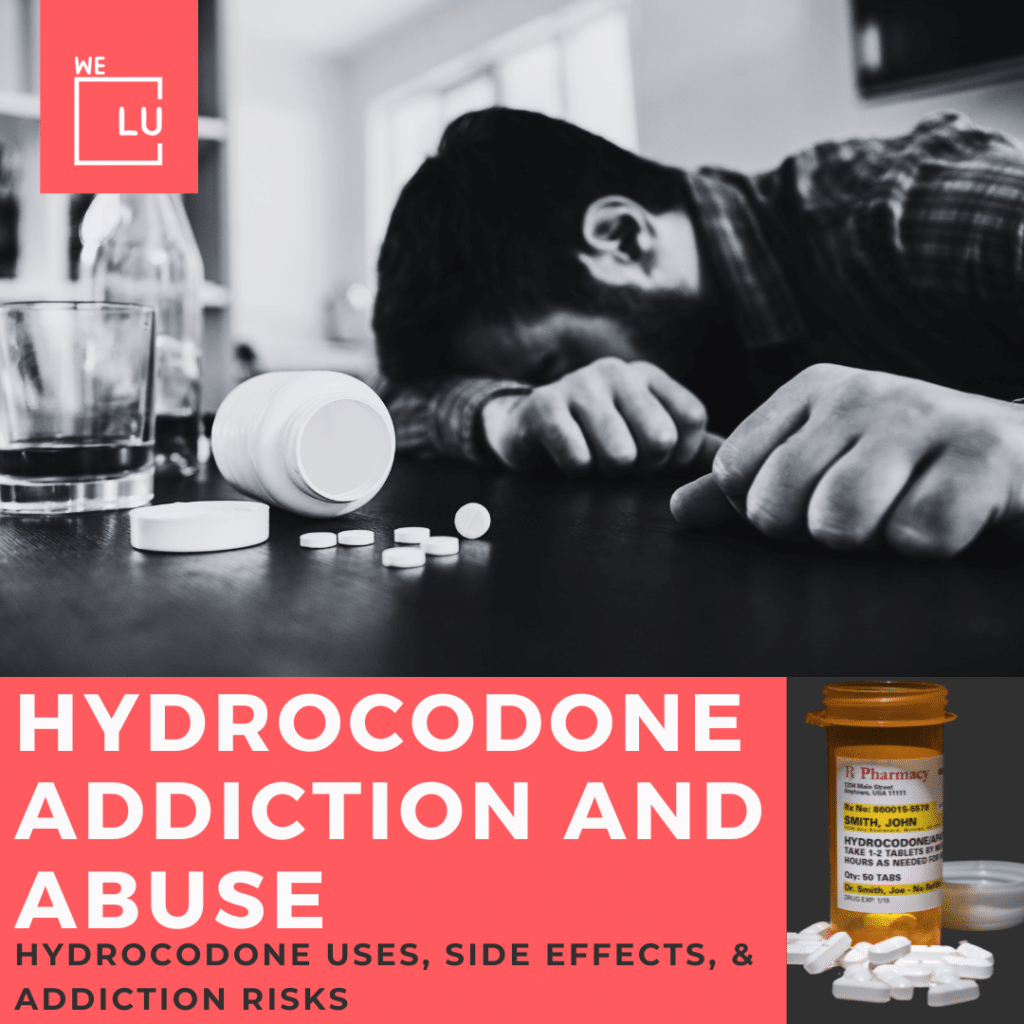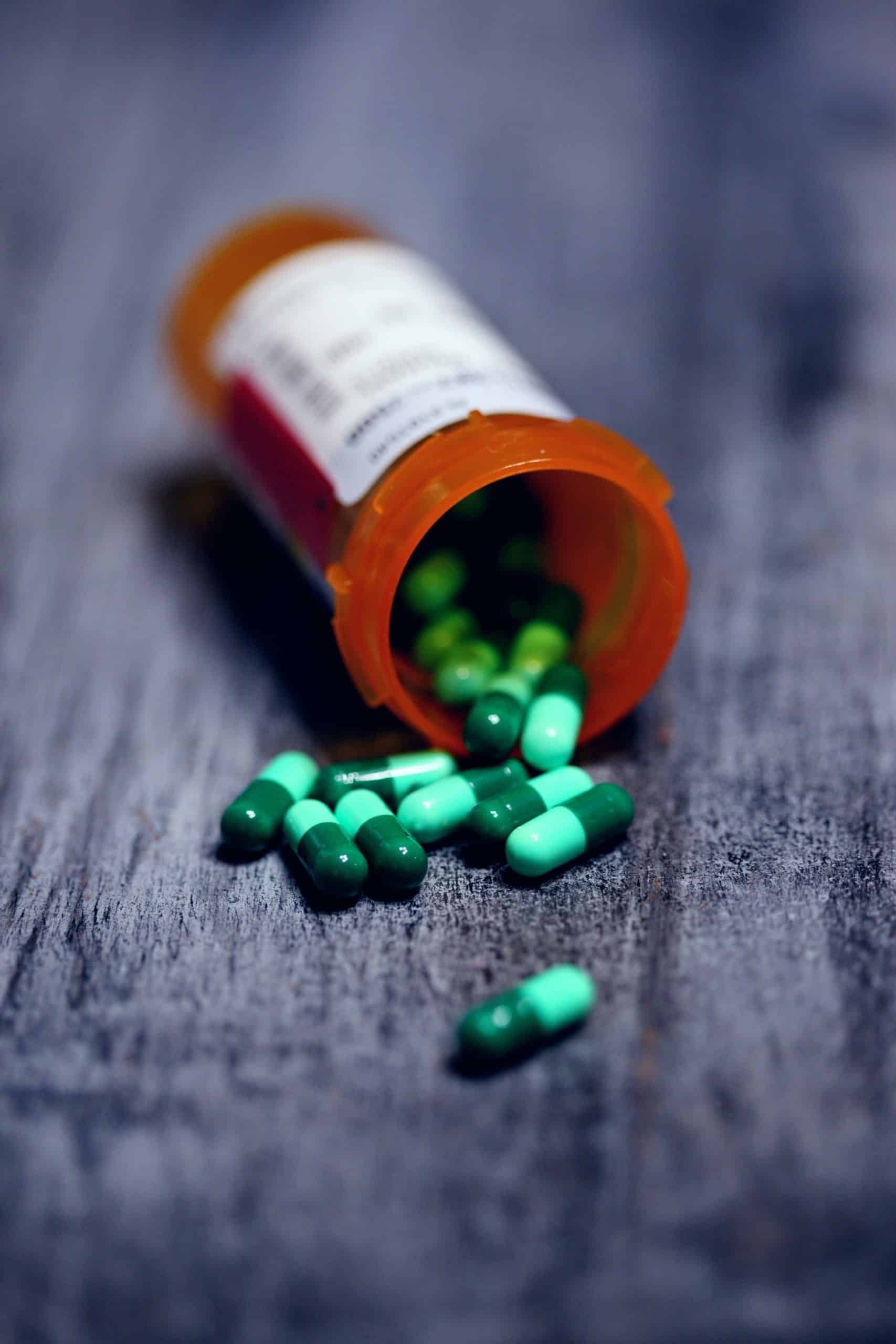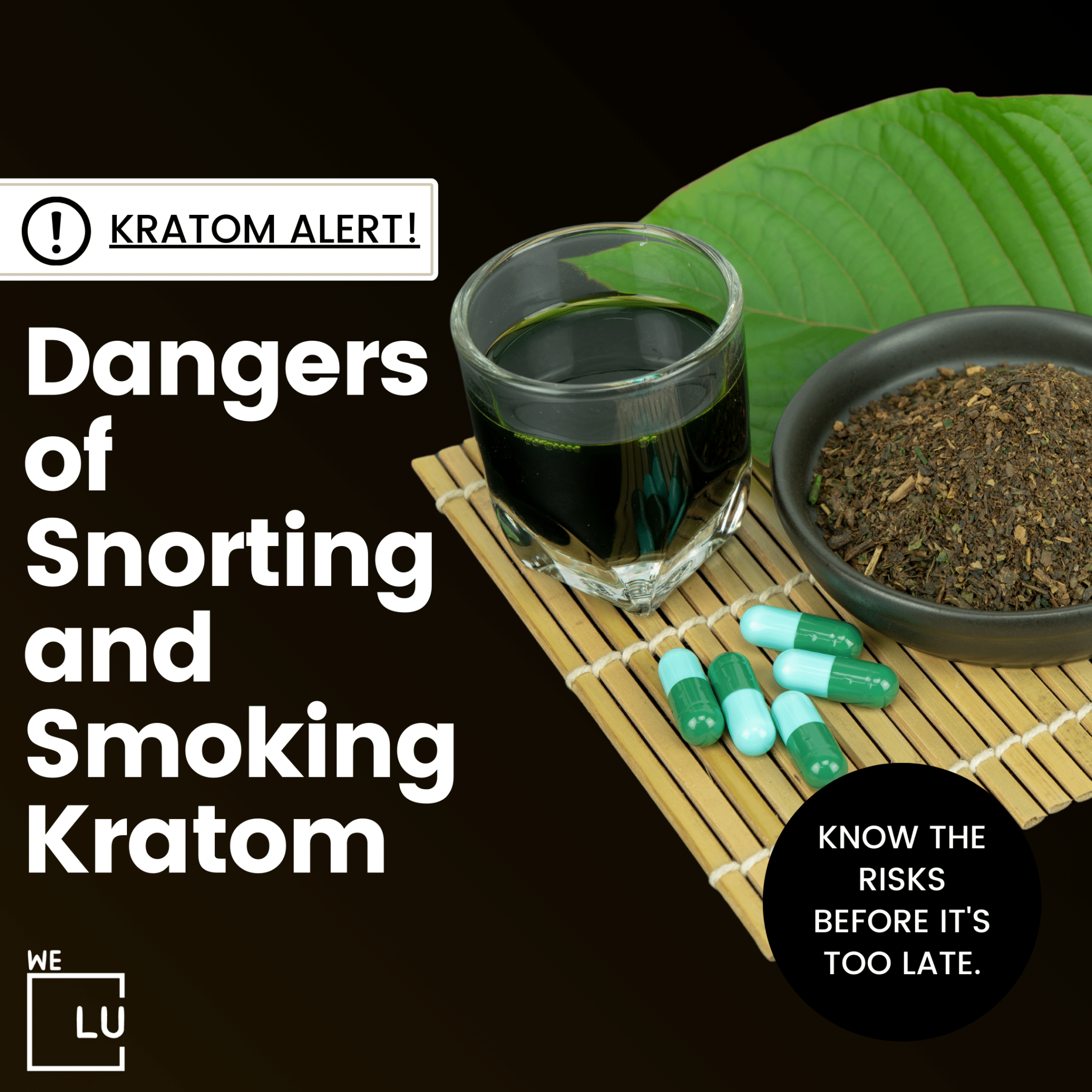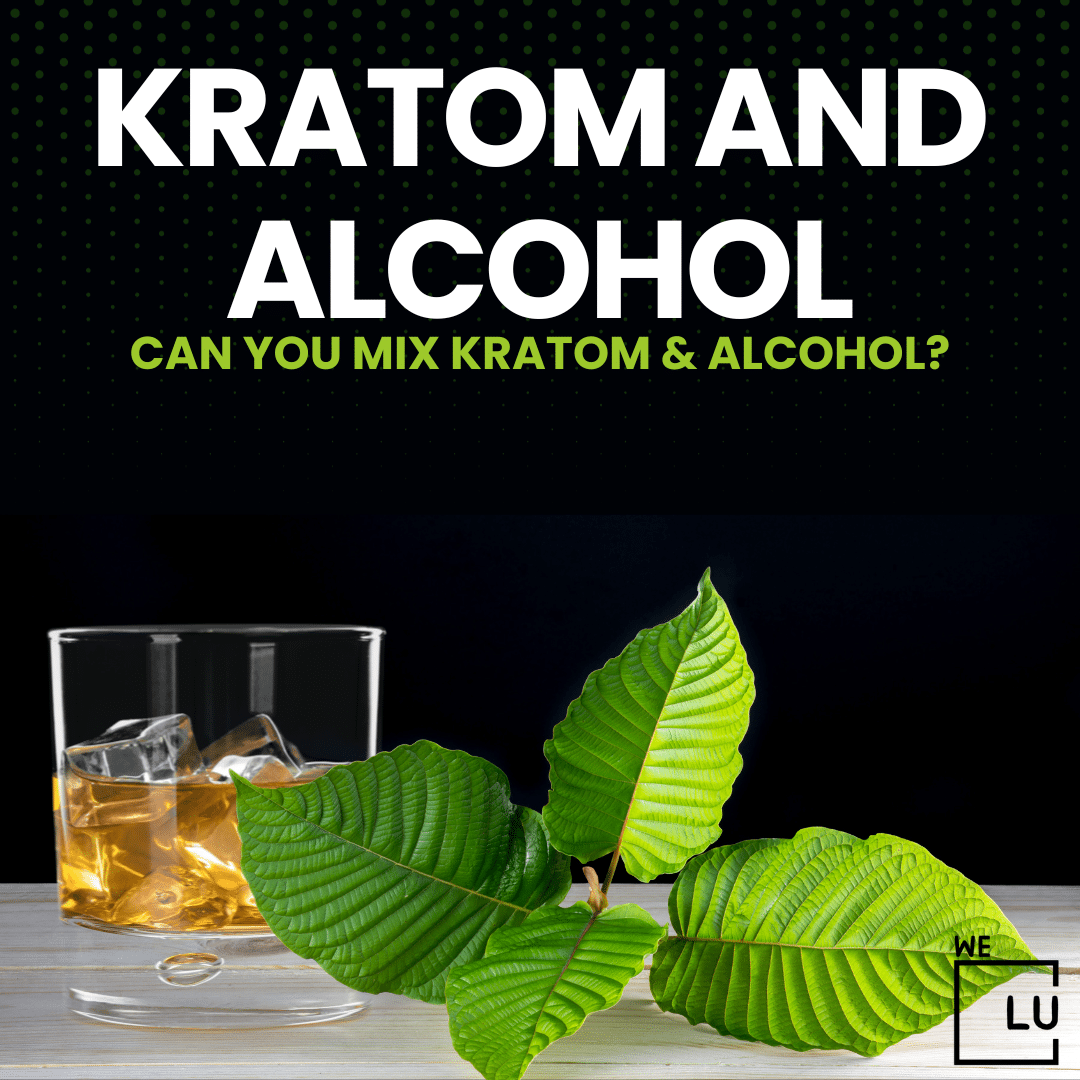What Is Hydrocodone?
Hydrocodone is a semi-synthetic opioid analgesic, which means it is a type of medication used for pain relief. It is commonly prescribed to manage moderate to severe pain. Hydrocodone is often combined with other non-opioid pain relievers, such as acetaminophen or ibuprofen, to enhance its effectiveness.
Hydrocodone binds to specific receptors in the brain and spinal cord called opioid receptors. This binding results in a decreased pain perception and a higher pain tolerance. Along with its pain-relieving properties, hydrocodone can also cause drowsiness, euphoria, and a sense of relaxation, which are typical effects of opioids.
Hydrocodone has the potential for abuse and dependence, and its use is associated with various side effects, including constipation, nausea, vomiting, dizziness, and respiratory depression (slowed breathing). Due to the risk of Hydrocodone addiction, healthcare providers typically prescribe hydrocodone for short durations and closely monitor its use.
Hydrocodone-containing medications are available under various brand names, and the specific formulation and combination with other drugs can vary. As with any prescription medication, it should only be taken under the guidance and supervision of a qualified healthcare professional. Misuse of hydrocodone or any opioid can lead to serious health consequences, including overdose and death.
Hydrocodone Addiction
Is Hydrocodone Addictive?
Can you get addicted to Hydrocodone? Yes, hydrocodone has a high potential for addiction and dependence. It is classified as an opioid, and opioids are known for their addictive properties. Opioids like hydrocodone bind to specific receptors in the brain and spinal cord, known as opioid receptors, which play a role in the perception of pain and the feeling of pleasure. This binding can lead to the development of tolerance, dependence, and addiction.
Tolerance occurs when a person needs increasing amounts of the drug to achieve the same pain-relieving effects. Dependence is a physical adaptation to the presence of the drug, and individuals may experience withdrawal symptoms if they suddenly stop taking it. Addiction, on the other hand, involves compulsive drug-seeking behavior despite adverse consequences.
Various factors, including genetics, a personal or family history of substance abuse, and the presence of mental health disorders, influence the risk of addiction to hydrocodone. It’s crucial for healthcare providers to carefully assess a patient’s medical history and monitor their use of hydrocodone to minimize the risk of addiction.
How Addictive is Hydrocodone?
Hydrocodone is considered to be a highly addictive substance. It belongs to the class of opioids, which are known for their potential to cause physical and psychological dependence. The degree of addiction can vary from person to person and depends on various factors, including genetics, personal history, and the presence of other risk factors.
How Long Does It Take To Get Addicted To Hydrocodone?
The time it takes for someone to become addicted to hydrocodone can vary widely from person to person. There is no specific timeframe that applies universally, as several factors influence the development of addiction, including individual differences, genetics, dosage, duration of use, and the presence of other risk factors.
In some cases, individuals may develop a tolerance to hydrocodone relatively quickly, meaning they need higher doses to achieve the same pain-relieving effects. Tolerance is often an early sign of the development of physical dependence, but it does not necessarily indicate addiction.
Addiction involves not only physical dependence but also psychological factors, such as compulsive drug-seeking behavior despite adverse consequences. The progression from recreational or medicinal use to dependence and addiction can happen over a variable period.
Some individuals may use hydrocodone as prescribed for pain management and never develop an addiction. In contrast, others may be at a higher risk due to factors like a personal or family history of substance abuse, mental health issues, or a history of prior addiction.

Skip To:
Learn More:
- Hydrocodone Side Effects, Uses, Overdose, & Addiction Facts
- Oxycodone and Hydrocodone, Side Effects, Forms, Dosages, Differences & Interactions
- How long do opiates stay in your system? Specifics, Addiction, Drug Processing & Treatment
- Opiate Withdrawal, Effects, Causes, Symptoms, Diagnosis, Complications, Detox & Treatments
- Opiate Detox Withdrawal Effects, Symptoms & Treatment
- Opiate Addiction Overdose, Symptoms & Treatment
Hydrocodone Addiction Symptoms
Hydrocodone addiction can manifest through various physical, behavioral, and psychological symptoms. Not everyone who uses hydrocodone will develop an addiction, but sure signs may indicate a potential problem. If you or someone you know is using hydrocodone and experiencing these symptoms, it’s crucial to seek help from a healthcare professional. Some common hydrocodone addiction symptoms include:
- Increased Tolerance: Needing higher doses of hydrocodone over time to achieve the same effects is a sign of developing tolerance, which can be an early indicator of addiction.
- Physical Dependence: Dependence occurs when the body adapts to the presence of the drug, leading to withdrawal symptoms when the drug is not taken. Physical dependence is a common feature of opioid addiction.
- Craving: Strong, persistent urges or cravings for hydrocodone can be a sign of addiction.
- Loss of Control: Difficulty in controlling or limiting the use of hydrocodone, even when aware of the negative consequences, is a hallmark of addiction.
- Social and Occupational Impairment: Hydrocodone addiction can lead to problems at work, school, or in relationships. Individuals may neglect responsibilities and withdraw from social activities.
- Continued Use Despite Negative Consequences: Using hydrocodone, even when it causes physical, mental, or interpersonal problems, can be a sign of addiction.
- Secrecy and Deception: Engaging in secretive behavior, such as hiding the extent of drug use or lying about it, may indicate an addiction.
- Neglect of Hobbies and Activities: Losing interest in activities that were once enjoyable in favor of drug use is a common behavioral sign of addiction.
- Financial Issues: Spending a significant amount on obtaining hydrocodone, often at the expense of other financial obligations.
- Legal Problems: Engaging in illegal activities, such as buying hydrocodone without a prescription or forging prescriptions.
If you or someone you know is showing signs of hydrocodone addiction, seek help immediately. Addiction is a treatable medical condition, and healthcare professionals can provide support and guidance on appropriate treatment options, which may include counseling, behavioral therapies, and, in some cases, medication-assisted treatment.

Get Your Life Back
Find Hope & Recovery. Get Safe Comfortable Detox, Addiction Rehab & Dual Diagnosis High-Quality Care.
Hotline (855) 695-1160Hydrocodone Side Effects
Hydrocodone, like other opioids, can cause a range of side effects. Common side effects include:
- Drowsiness and Sedation: Hydrocodone can cause drowsiness, impairing a person’s ability to operate machinery or perform activities requiring mental alertness.
- Dizziness or Lightheadedness: Some individuals may experience feelings of dizziness or lightheadedness while taking hydrocodone.
- Nausea and Vomiting: Gastrointestinal side effects, such as nausea and vomiting, are common with hydrocodone use.
- Constipation: Opioids, including hydrocodone, are known to cause constipation. It’s important for individuals taking these medications to stay hydrated and, if necessary, use stool softeners or laxatives as a healthcare provider recommends.
- Dry Mouth: Opioids can lead to a dry mouth, contributing to dental issues. Maintaining good oral hygiene is important.
- Itching: Some people may experience itching as a side effect of hydrocodone.
- Headache: Headaches can occur in some individuals taking hydrocodone.
- Respiratory Depression: In high doses or when misused, hydrocodone can slow down breathing, which can be a serious and potentially life-threatening side effect.
While these side effects are common, not everyone will experience them; some may experience additional side effects. Additionally, there are more severe risks associated with hydrocodone use, such as the potential for addiction, dependence, and overdose. Contact a healthcare professional promptly if any unusual or severe side effects occur.
Patients should always take hydrocodone as prescribed, inform their healthcare provider of any existing medical conditions or medications they are taking, and report any concerning side effects promptly. Misuse or abuse of hydrocodone can lead to serious health consequences, and it should only be used under the supervision of a qualified healthcare professional.
How Long Do Hydrocodone Effects Last?
The duration of hydrocodone’s effects can vary from person to person and depends on factors such as the individual’s metabolism, the specific formulation of the medication, and the dosage. In general, the effects of hydrocodone typically last for about four to six hours.
Follow the prescribed dosing schedule provided by your healthcare provider. Taking hydrocodone more frequently or in higher doses than prescribed can increase the risk of side effects, including drowsiness, dizziness, and respiratory depression. It can also contribute to the development of tolerance and dependence.
| Aspect | Timing |
|---|---|
| Onset of Action | 10 to 30 minutes after oral ingestion |
| Peak Effects | 1 to 2 hours after ingestion |
| Duration of Action | 4 to 6 hours |
| Half-Life | Approximately 3.8 hours |
Get Help. Get Better. Get Your Life Back.
Searching for an Accredited Drug and Alcohol Rehab Centers in Near You?
Even if you have failed previously and relapsed, or are in the middle of a difficult crisis, we stand ready to support you. Our trusted behavioral health specialists will not give up on you. When you feel ready or just want someone to speak to about therapy alternatives to change your life call us. Even if we cannot assist you, we will lead you to wherever you can get support. There is no obligation. Call our hotline today.
FREE Addiction Hotline – Call 24/7
Uses Of Hydrocodone
Hydrocodone is a medication primarily used for the management of moderate to severe pain. It is classified as an opioid analgesic, meaning it belongs to the class of drugs derived from the opium poppy plant. Hydrocodone is often prescribed in combination with other medications, such as acetaminophen or ibuprofen, to enhance its pain-relieving effects. Here are some common uses of hydrocodone:
- Pain Management: Hydrocodone is prescribed to relieve pain that ranges from moderate to severe. It can be used for various types of pain, including post-operative pain, injury-related pain, and chronic pain conditions.
- Cough Suppressant: In some formulations, hydrocodone is an antitussive (cough suppressant). This is often combined with guaifenesin or homatropine to address cough symptoms.
Hydrocodone should be used under the guidance of a healthcare professional and only as prescribed. Due to its opioid nature, hydrocodone carries the risk of dependence, addiction, and abuse. It should be taken cautiously, and individuals should be aware of potential side effects and associated risks.
If you have questions about the use of hydrocodone or concerns about its side effects, it’s crucial to discuss them with your healthcare provider. They can provide personalized advice based on your medical history and condition. Additionally, do not self-prescribe or share this medication with others, as it may not be appropriate for everyone, and misuse can lead to serious health consequences.
Hydrocodone Uses According To Formulation
Hydrocodone is commonly formulated with other medications, such as acetaminophen or ibuprofen, to enhance its pain-relieving effects. The specific formulation can affect the clinical uses and dosage recommendations. Here’s a table outlining standard hydrocodone formulations and their typical uses:
| Formulation | Common Brand Names | Additional Medications in Formulation | Typical Uses |
|---|---|---|---|
| Hydrocodone/Acetaminophen | Vicodin, Lortab, Norco | Acetaminophen (also known as paracetamol) | Relief of moderate to severe pain, commonly after surgery or injury |
| Hydrocodone/Ibuprofen | Vicoprofen | Ibuprofen | Relief of moderate to severe pain with anti-inflammatory effects |
| Hydrocodone/Chlorpheniramine | Tussionex | Chlorpheniramine (antihistamine) | Relief of cough and upper respiratory symptoms |
| Hydrocodone/Homatropine | Hycodan | Homatropine (anticholinergic) | Relief of cough and respiratory symptoms |
Always follow the prescribed dosage and administration instructions provided by your healthcare provider. If you have questions or concerns about your medication or its formulation, discussing them with your healthcare professional for personalized advice is crucial.
First-class Facilities & Amenities
World-class High-Quality Addiction & Mental Health Rehabilitation Treatment
Rehab Centers TourRenowned California Addiction Center. Serene Private Facilities. Inpatient rehab programs vary.
Addiction Helpline (855) 695-1160Proven recovery success experience, backed by a Team w/ History of:
15+
Years of Unified Experience
100s
5-Star Reviews Across Our Centers
10K
Recovery Success Stories Across Our Network
- Low Patient to Therapist Ratio
- Onsite Medical Detox Center
- Comprehensive Dual-Diagnosis Treatment
- Complimentary Family & Alumni Programs
- Coaching, Recovery & Personal Development Events
Hydrocodone Drug Interactions
Hydrocodone can interact with other drugs, leading to potentially harmful effects. Inform your healthcare provider about all medications, supplements, and herbal products you are taking to ensure a safe and effective treatment plan. Some notable drug interactions with hydrocodone include:
- Central Nervous System (CNS) Depressants: Combining hydrocodone with other substances that have a depressant effect on the central nervous system, such as benzodiazepines (e.g., alprazolam, diazepam), sedatives, muscle relaxants, or alcohol, can increase the risk of respiratory depression and central nervous system depression.
- Monoamine Oxidase Inhibitors (MAOIs): MAOIs, used to treat certain mental health conditions, can interact with hydrocodone and lead to serious side effects, including hypertensive crisis.
- Antidepressants and Antipsychotics: Some medications used to treat depression or psychosis may interact with hydrocodone, potentially increasing the risk of sedation and respiratory depression.
- Antihistamines: Combining hydrocodone with certain antihistamines (e.g., diphenhydramine) can increase the sedative effects of both substances.
- Anticholinergic Drugs: Drugs with anticholinergic effects (e.g., certain medications for allergies, asthma, or overactive bladder) can interact with hydrocodone and increase the risk of constipation and other side effects.
- CYP3A4 Inhibitors: Hydrocodone is metabolized by the liver enzyme CYP3A4. Medications that inhibit this enzyme can increase hydrocodone levels in the body, potentially leading to an increased risk of side effects. Common CYP3A4 inhibitors include certain antifungal drugs (e.g., ketoconazole) and some antibiotics (e.g., clarithromycin).
- CYP3A4 Inducers: Conversely, medications that induce CYP3A4 can decrease hydrocodone levels, potentially reducing its effectiveness. Some anticonvulsant drugs and rifampin are examples of CYP3A4 inducers.
This list is not exhaustive, and there may be other medications that can interact with hydrocodone. Always inform your healthcare provider about all the substances you are taking, including prescription medications, over-the-counter drugs, supplements, and herbal products. Your healthcare provider can assess the potential for interactions and adjust your treatment plan accordingly. Never change your medication regimen without consulting your healthcare provider first.

World-class, Accredited, 5-Star Reviewed, Effective Addiction & Mental Health Programs. Complete Behavioral Health Inpatient Rehab, Detox plus Co-occuring Disorders Therapy.
CALL (855) 695-1160End the Addiction Pain. End the Emotional Rollercoaster. Get Your Life Back. Start Drug, Alcohol & Dual Diagnosis Mental Health Treatment Now. Get Free No-obligation Guidance by Substance Abuse Specialists Who Understand Addiction & Mental Health Recovery & Know How to Help.

Hydrocodone Overdose
Hydrocodone overdose can be a life-threatening medical emergency and requires immediate attention. An overdose can occur when someone takes more hydrocodone than their body can safely process. The risk of overdose is higher when hydrocodone is misused, abused, or taken inappropriately.
Symptoms of a hydrocodone overdose may include:
- Extreme drowsiness or sedation: Difficulty staying awake or unresponsiveness.
- Confusion or impaired cognition: Difficulty thinking clearly or responding to stimuli.
- Constricted pupils: Pupils that appear very small.
- Slow or shallow breathing: Respiratory depression is a severe sign of overdose.
- Cold or clammy skin: Skin that feels cool or damp.
- Blue or purple lips or fingernails: Cyanosis is a bluish discoloration of the skin and mucous membranes that may occur due to insufficient oxygenation.
In severe cases, a hydrocodone overdose can lead to respiratory failure, cardiac arrest, and death. If you suspect someone is experiencing a hydrocodone overdose, it is essential to seek emergency medical attention immediately. Call emergency services (such as 911 in the United States) and provide as much information as possible about the situation.
While waiting for emergency help, you can perform basic first aid, such as checking for a pulse and initiating cardiopulmonary resuscitation (CPR) if necessary. However, the most critical step is to get professional medical help as quickly as possible.
To prevent hydrocodone overdose, take the medication only as prescribed by a healthcare professional. Misuse, abuse, or combining hydrocodone with other substances, especially alcohol or other central nervous system depressants, significantly increases the risk of overdose. If you have concerns about your hydrocodone use or its side effects, discuss them with your healthcare provider promptly. They can adjust your treatment plan or support managing pain more safely.
Experience Transformative Recovery at the We Level Up California Treatment Center.
See our authentic success stories. Get inspired. Get the help you deserve.



Start a New Life
Begin with a free call to an addiction & behavioral health treatment advisor. Learn more about our dual-diagnosis programs. The We Level Up treatment center network delivers recovery programs that vary by each treatment facility. Call to learn more.
- Personalized Care
- Caring Accountable Staff
- World-class Amenities
- Licensed & Accredited
- Renowned w/ 100s 5-Star Reviews
We’ll Call You
Losing My Daughter, Suicide Attempts & Homeless: Opiates Crack Addiction to Recovery & College and..
Search We Level Up CA Hydrocodone Addiction Drug & Alcohol Rehab / Detox & Mental Health Topics & Resources
Sources
- Cofano S, Yellon R. Hydrocodone. [Updated 2022 Oct 24]. In: StatPearls [Internet]. Treasure Island (FL): StatPearls Publishing; 2023 Jan-. Available from: https://www.ncbi.nlm.nih.gov/books/NBK537288/
- Medline Plus – Hydrocodone – https://medlineplus.gov/druginfo/meds/a614045.html
- Medline Plus – Hydrocodone Combination Products – https://medlineplus.gov/druginfo/meds/a601006.html
- DEA – Hydrocodone – https://www.deadiversion.usdoj.gov/drug_chem_info/hydrocodone.pdf Read more: Hydrocodone Addiction, Is Hydrocodone Addictive, Is Norco Addictive, Norco Addiction, Hydrocodone Is it Addictive, How Addictive Is Hydrocodone, Hydrocodone Addictive, How Long Does It Take To Get Addicted to Hydrocodone, Can You Get Addicted To Hydrocodone,
- Habibi M, Kim PY. Hydrocodone and Acetaminophen. [Updated 2022 Dec 19]. In: StatPearls [Internet]. Treasure Island (FL): StatPearls Publishing; 2023 Jan-. Available from: https://www.ncbi.nlm.nih.gov/books/NBK538530/
- Medline Plus – Hydrocodone and Acetaminophen Overdose – https://medlineplus.gov/ency/article/002670.htm
- NIDA. “Prescription Opioids DrugFacts.” National Institute on Drug Abuse, 1 Jun. 2021, https://nida.nih.gov/publications/drugfacts/prescription-opioids
- Cohen B, Ruth LJ, Preuss CV. Opioid Analgesics. [Updated 2023 Apr 29]. In: StatPearls [Internet]. Treasure Island (FL): StatPearls Publishing; 2023 Jan-. Available from: https://www.ncbi.nlm.nih.gov/books/NBK459161/
- Chou R, Hartung D, Turner J, et al. Opioid Treatments for Chronic Pain [Internet]. Rockville (MD): Agency for Healthcare Research and Quality (US); 2020 Apr. (Comparative Effectiveness Review, No. 229.) Available from: https://www.ncbi.nlm.nih.gov/books/NBK556253/
- National Academies of Sciences, Engineering, and Medicine; Health and Medicine Division; Board on Health Sciences Policy; Committee on Pain Management and Regulatory Strategies to Address Prescription Opioid Abuse; Phillips JK, Ford MA, Bonnie RJ, editors. Pain Management and the Opioid Epidemic: Balancing Societal and Individual Benefits and Risks of Prescription Opioid Use. Washington (DC): National Academies Press (US); 2017 Jul 13. Available from: https://www.ncbi.nlm.nih.gov/books/NBK458660/ doi: 10.17226/24781
- Zullo AR, Danko KJ, Moyo P, et al. Prevention, Diagnosis, and Management of Opioids, Opioid Misuse, and Opioid Use Disorder in Older Adults [Internet]. Rockville (MD): Agency for Healthcare Research and Quality (US); 2020 Nov. (Technical Brief, No. 37.) Available from: https://www.ncbi.nlm.nih.gov/books/NBK564144/ Read more: Hydrocodone Addiction, Is Hydrocodone Addictive, Is Norco Addictive, Norco Addiction, Hydrocodone Is it Addictive, How Addictive Is Hydrocodone, Hydrocodone Addictive, How Long Does It Take To Get Addicted to Hydrocodone, Can You Get Addicted To Hydrocodone,




